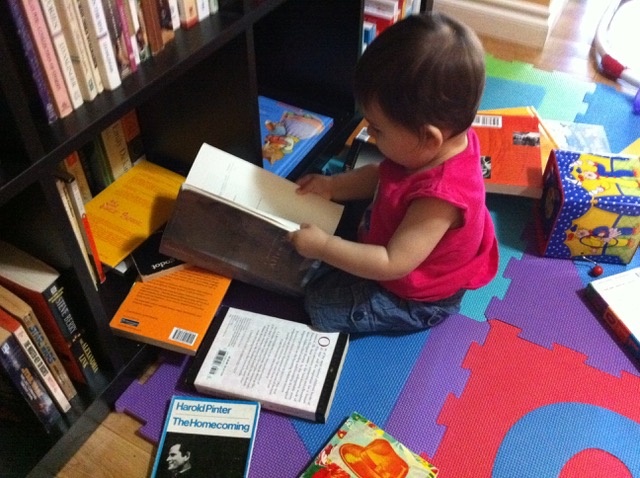Some of you may not know that I am a reader and
This appreciation for books led to my
This passion for the page means, however, that I didn't get internet (or feel the need to have internet) until well into my PhD…nor did I own a cellphone until I was 26 and sent my first text a year later when I met Rithesh, a tech junkie. I remember receiving my first text and having absolutely no idea how to reply. He kept sending them and I was trying to reply to even the first one in very slow motion. I was a sloth texter and he was Speedy Gonzalez.
A decade later, technology is a necessary evil of our everyday life and I can't live without my
There is no doubt that technological developments in healthcare have saved countless lives – from electronic medical records to Netcare in Alberta to online referrals or medical claims to instant alerts for allergies or outbreaks to improved workflow – technology has enhanced patient care. These advancements are only just beginning. Alberta is about to launch Connect Care, a common provincial clinical information system, which basically means it is an "electronic tool that provides healthcare providers one central access point to patient information, common clinical standards and best healthcare practices" (AHS). Patients will have access to their information to help them become active participants of their healthcare team. For a Patient Medical Home like Riverside Medical, this will further our mission to improve health outcomes by putting the patient at the centre of the healthcare team.
Indeed, we've started implementing technology into our Patient Medical Home already to ensure we have all the patient information needed to ensure safe patient care. For example, we use Brightsquid to send secure emails to our patients about appointments or results; we use platforms such as Facebook to advise patients of news or scheduling changes; and we've recently implemented Ocean Tablets for check-in, which improves the accuracy of our data in our electronic medical record, but allows patients some privacy in giving their reasons for a visit (instead of having to tell the administrative staff in front of others in a waiting room).
We know this won't work for every patient and that some will struggle with changes of this nature, but we ask you to give it a chance. After all, change is inevitable and all we can do is embrace it with an open mind. Ultimately, these advancements only exist to improve the patient's care and ensure better management of their health issues. I know it is a learning curve even for myself because I've always preferred the page to a screen; however, seeing the significant decrease in the margin of error when it comes to patient information, and the research showing increased patient satisfaction with technological advancements to date, it's impossible to dispute its worth.
